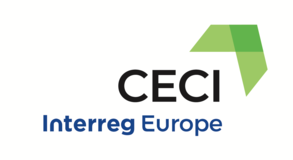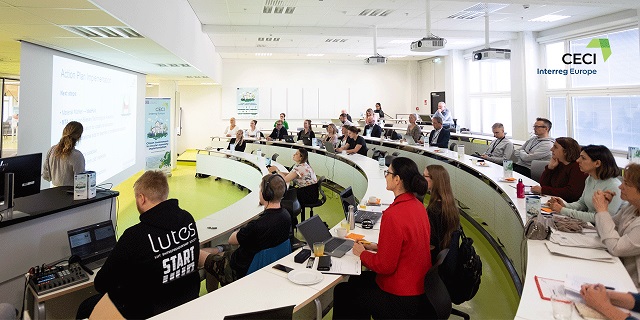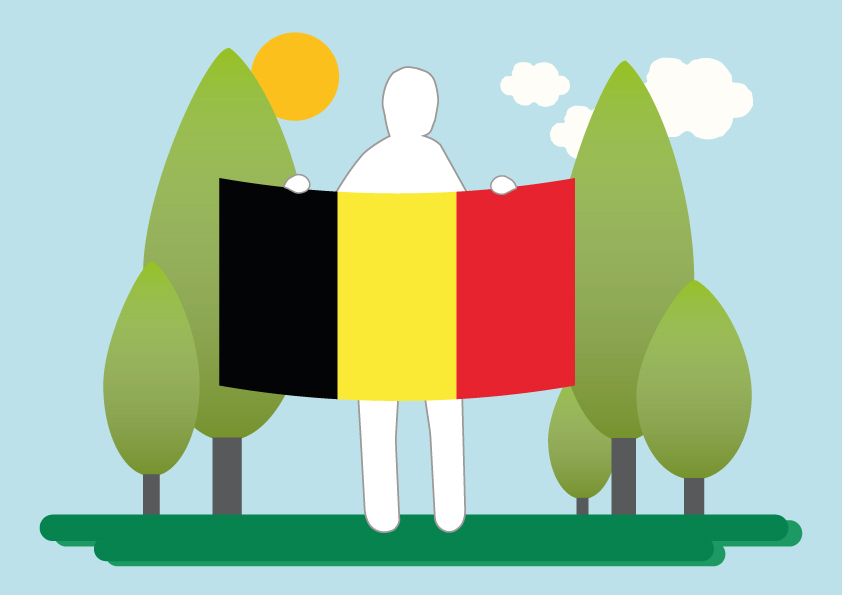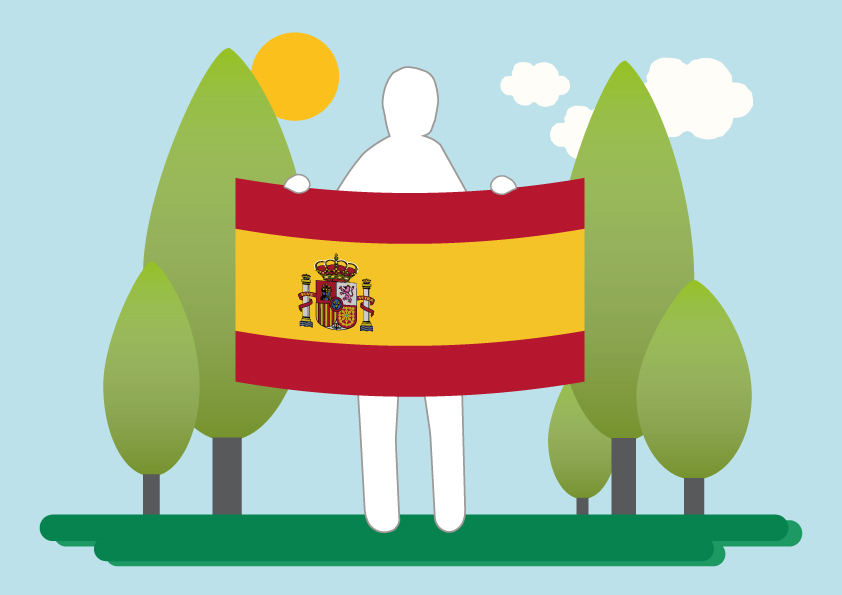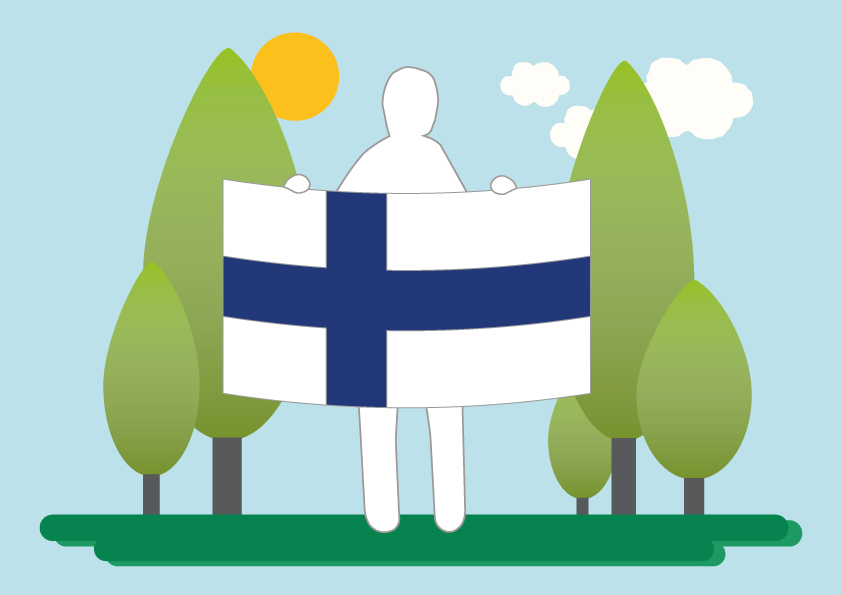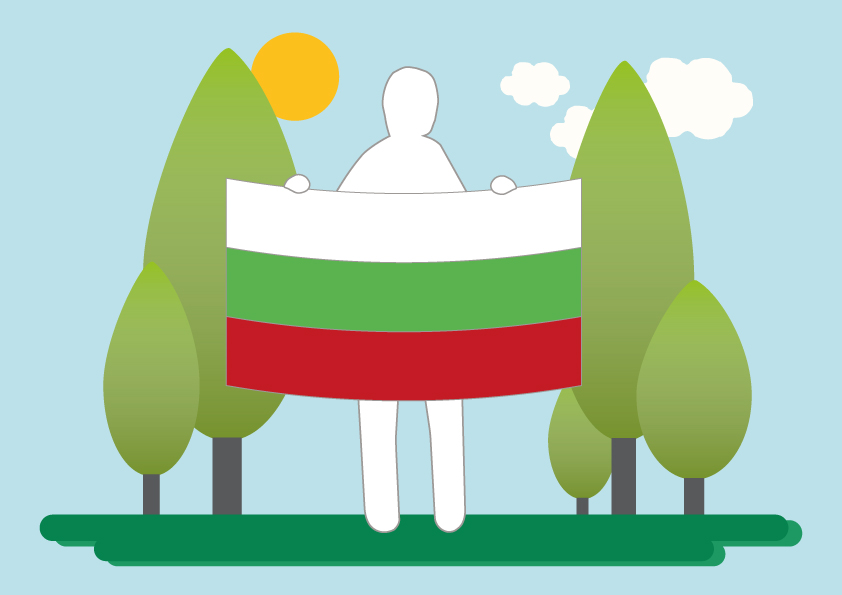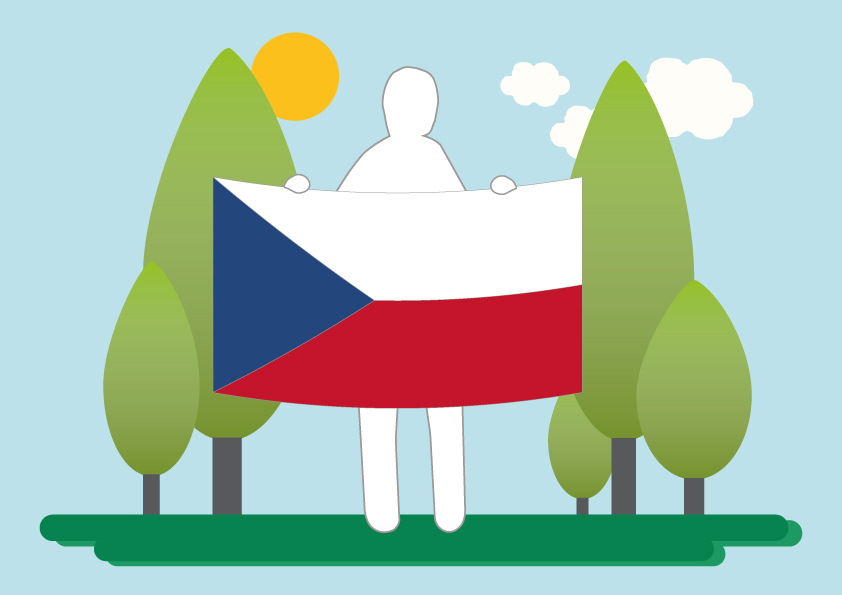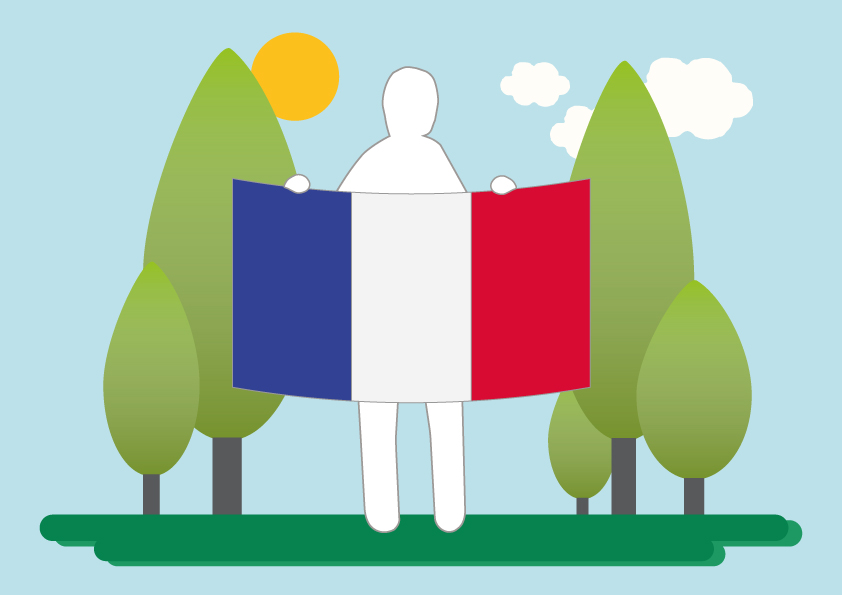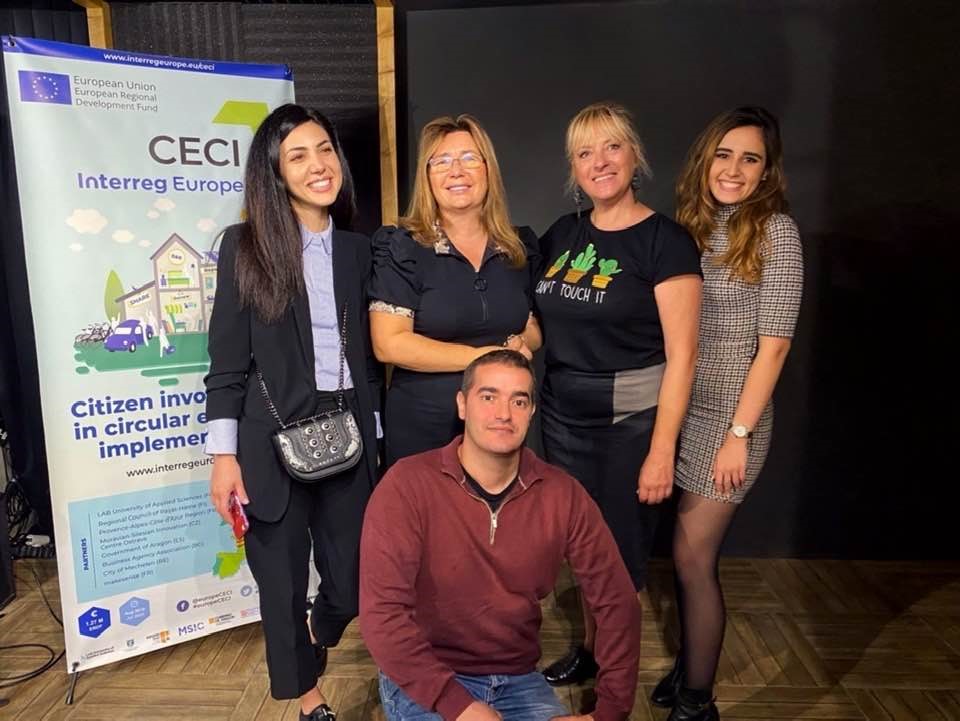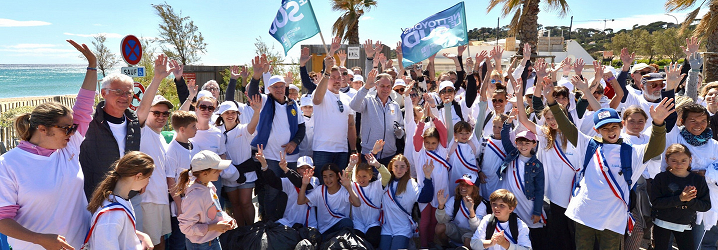CIRCULAR ECONOMY - CECI Team visits Marseille - DAY 2
The day promises to be dense and full of surprises. A school of sustainable fashion, a sports recycling centre, a recycling centre and an urban farm are notably on the program.
LE TALUS, an urban farm in the middle of Marseille, but that…
VIDEO Le talus
It is in the part of the village reserved for reuse that the delegation settles under the big top to get acquainted with a project with multiple facets. LE TALUS is a participative urban farm based on agroecology, but it is also a recycling centre, a place of culture and a canteen guided by sustainable food. "The project is intended to serve as an example," says Carl Pfanner, wearing a cowboy hat and sunglasses. "It should serve to inspire institutions and citizens about alternatives to the urbanization we know today," insists the co-founder.
As you wander through the garden, amidst the smell of strawberries and aromatic plants, you can feel just as strongly the desire of the "farmers" to keep this former wasteland alive. Corinne, one of them, likes to put her hands in the earth. "But I know that tomorrow I could take a jigsaw or install an automatic watering system," she smiles.
LE TALUS accompanies its two thousand members in their ecological, social and civic transition.
Marseille Cap au Nord Entreprendre, the network of economic players in Northern Marseille
Promotion of active modes in daily life, intermodality in employees' home-work journeys, low-carbon mobility of people and goods; 4,500 companies, 85,000 jobs, 250,000 inhabitants are concerned. While Marseille Cap au Nord Entreprendre impacts on behaviour, ICI MARSEILLE focuses on sustainable production.
ICI Marseille, the factory of producing together
VIDEO ICI Marseille
A "Totem" place of this generation of companies that want to continue to produce while respecting the planet's resources.
"80 structures for a hundred people work at the heart of our local, solidarity-based factory inaugurated in 2018," explains David Ben Haïm, Director of ICI MARSEILLE. The site provides craftsmen, machines, administrative and business support in exchange for the occupants paying rent. "We are no longer isolated, we share, create and live together," says Nouria Nehari, head of the leather goods workshop.
FASK ACADEMY, sustainable fashion
VIDEO Fask Academy
Flat stitchers, overlockers, buttonholes... It is the first school for textile production in the southern region! They offer young people the opportunity to train in the fashion industry, for Jocelyn Meire, the founder, "it is also a response to the environmental impact of the fashion-luxury sector as a whole". This was an opportunity for Clear Fashion, at the invitation of the fashion school, to address our experts and present the application that verifies the commitments of brands and their environmental impact.
LA RECYCLERIE SPORTIVE, the first solidarity-based sports equipment recycling structure in France
VIDEO Recyclerie Sportive
Camping, water sports, skiing, tennis, football, cycling, boxing, bodybuilding and many others. Sports equipment that is no longer used or that is destined to be thrown away is collected, recycled by repairing it and redistributed at a solidarity rate to people who can become members for a fee of five euros per year. "There are one hundred thousand tonnes of waste produced each year and half of it can be reused when the user disposes of it," says Axel. "Fewer and fewer people have access to sports, so we think we have a card to play," continues the manager. Six months after opening, the gamble paid off: five permanent jobs, successful bike workshops and activities in the poorer areas of Marseille.
EKO Association, the "Low-Tech and Refugees" program
VIDEO Low-tech et Refugies
"I make sure that the participants have the necessary materials to carry out projects such as solar ovens," he explains. The program is about exile and participative workcamps around low-tech. Low-Tech is a category of processes that allow, via a technical transformation, the development of a model of society that integrates the requirements of sustainability and collective resilience. "The idea is to combine the two issues of ecological transition and the integration of exiled people who are further away from employment", summarizes Bettie Laplanche, EKO coordinator.
L'ÉPOPÉE, an educational and social innovation village in Marseille
Revealers of talent, sanctuary of innovators, a village that brings together actors whose motivation is educational and social innovation.
Lively, innovative, radiant, touching. "By touching the projects on the ground, we have more information to understand the needs of the actors and to allow the Regions to connect the citizen with existing initiatives", summarizes Barbora Pichlova, Head of Collaborations and Communities projects at makesense.
The circular economy, I agree! L’économie circulaire, j’adhère !
